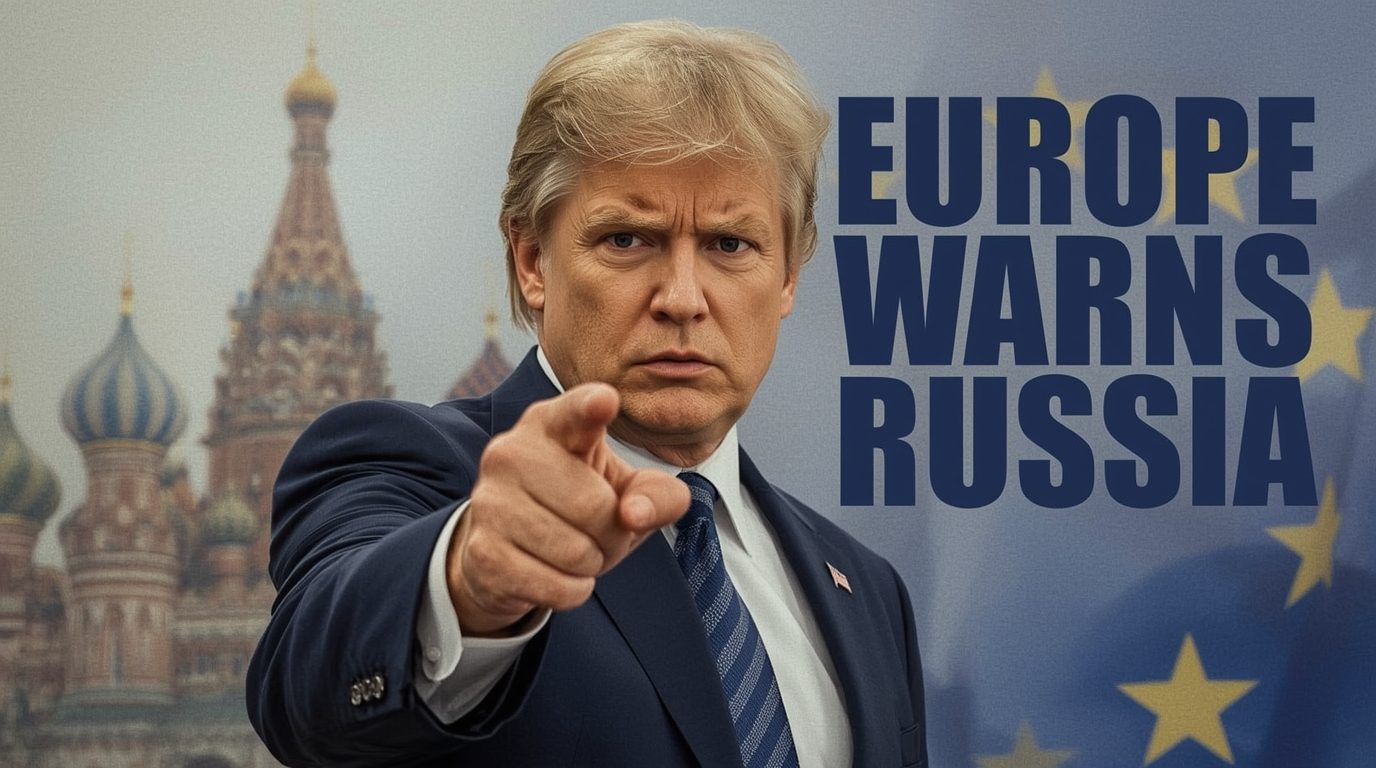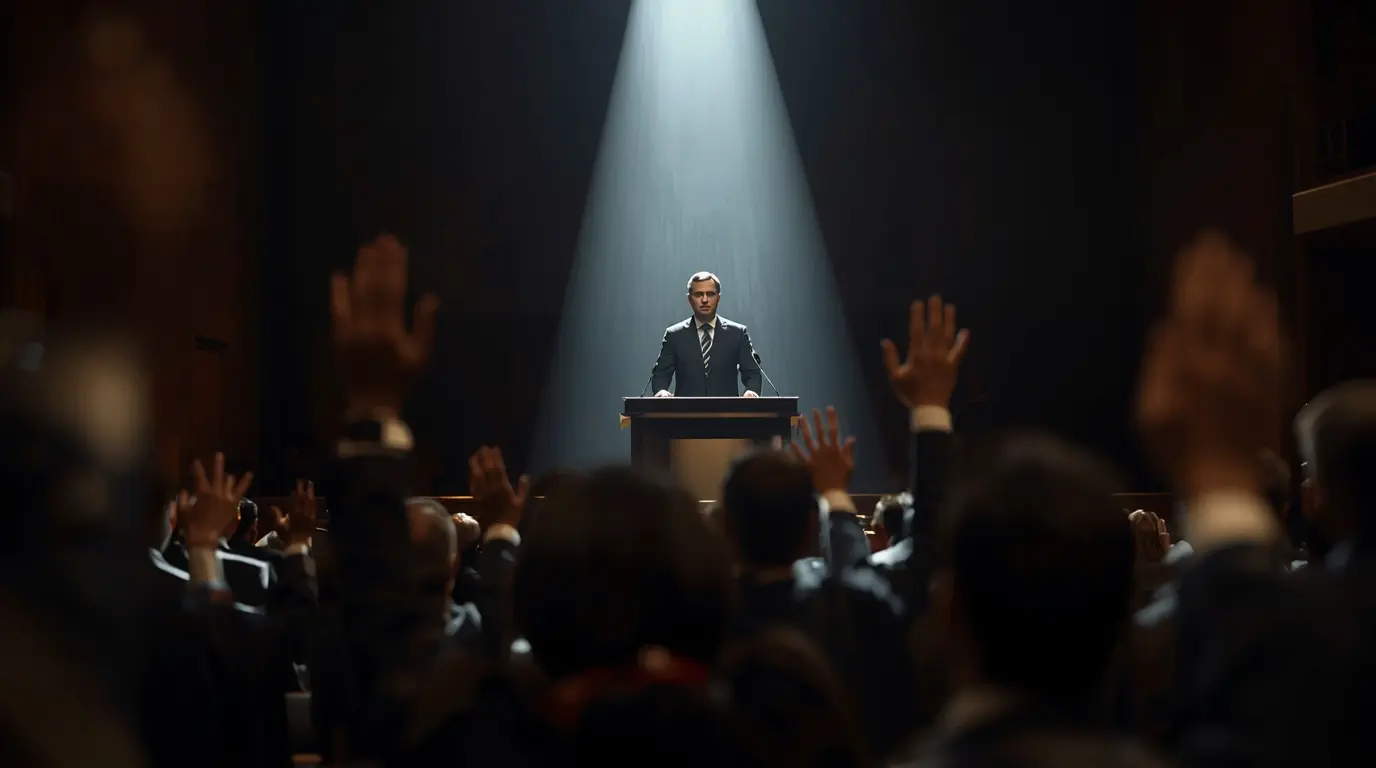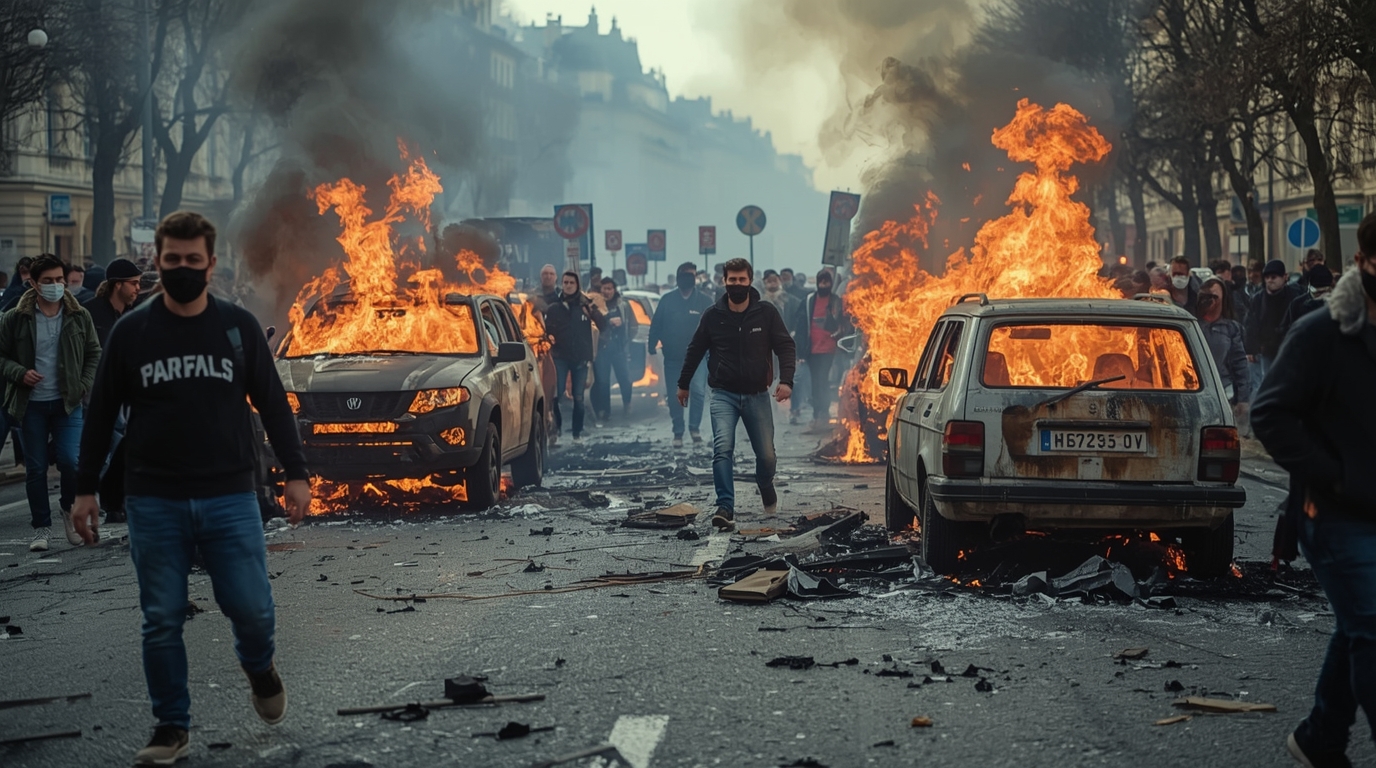Europe’s Warning Against Concessions in Ukraine
As leaders in Europe and the U.S. consider how to end Russia’s war in Ukraine, the conversation is heating up. Europe’s chief diplomat is now sounding the alarm: any peace agreement that forces Ukraine to hand over land to Moscow is nothing less than the trap that President Vladimir Putin has carefully laid for the West.
Kaja Kallas, the EU’s foreign policy chief, told the BBC on Friday that renewed talk of Ukrainian concessions plays right into Russia’s hands. “Discussing concessions to Putin is the very trap Russia wants us to step into,” she warned. “We must be clear: rewarding aggression only invites more aggression.”
A Diplomatic Stalemate
Close to the United States, peace efforts remain stalled. President Trump met Vladimir Putin last week in Alaska, chatted with President Zelenskyy in the Oval Office, then gathered a slew of European allies. Trump has kept repeating that “the killing has to stop,” a simple but powerful message.
Still, slogans mask a messier truth. Russian artillery keeps pounding Ukrainian cities, and trust in a workable compromise wanes. “Russia is just dragging its feet. They do not want peace,” Kallas remarked, citing Putin’s refusal to trim troop numbers or weapon stockpiles, even as the world keeps pressing.
To show he is moving the ball, Trump has proposed U.S.–Russia talks that would exclude most other nations. Critics, however, warn that these talks might stifle Ukraine’s voice and hand Russia a win by suggesting the West is growing weary of the fight.
Ukraine’s Non-Negotiable Security Demands
Kyiv’s core position is clear: only strong post-war security promises will satisfy Ukraine. Ukrainian leaders warn that without clear, legally binding security commitments from the West, Russia will likely regroup and launch a new invasion.
“Guarantees are vital to stopping any new Russian assault,” Prime Minister Kaja Kallas admitted, though the exact arrangements are still unclear. Western nations are split on whether the guarantees should mirror NATO’s Article 5, which treats an attack on one as an attack on all, or develop separate bilateral defense pacts like those the U.S. and U.K. are starting to outline.
This ambiguity only heightens Kyiv’s anxiety. To Ukraine, a peace that lacks such guarantees feels like a risky gamble on the country’s future. Meanwhile, Moscow’s strategy of dragging out security talks appears designed to stretch the conflict and fracture Western resolve.
Escalating Battles on the Energy Front
With diplomacy frozen, Ukraine has ramped up strikes deep in Russia using precise long-range weapons. The latest target is the Druzhba oil pipeline, one of Russia’s critical energy lifelines, which Kyiv hit in a carefully-timed assault.
The Unecha oil pumping station in Bryansk, Russia, was struck last Friday by a mix of HIMARS rockets and drones, Ukrainian commander Robert Brovdy, known as “Magyar,” reported. This assault shows Ukraine’s widening reach against critical Russian assets that prop up both its economy and war machine.
The Druzhba pipeline, whose name means “friendship” in Russian, ironically carries oil that keeps Hungary and Slovakia—two EU nations still dependent on Russian crude—fully supplied. For Hungary, the timing of the hits is especially worrisome. Foreign Minister Péter Szijjártó condemned the attack, calling it “another blow to the energy security of our country,” and warned, “It’s another attempt to pull us into the war.”
Hungary’s Role as a Spoiler
For years, Prime Minister Viktor Orbán has carved out a position as the EU’s reluctant critic. While the rest of the bloc has delivered military, financial, and political backing to Ukraine, Budapest has guarded its ties with Moscow, ensuring the taps stay open, and questioning sanctions every step of the way.
Orbán’s recent trip to Moscow, where he sat down with Putin last month, highlighted how far Budapest and the rest of the EU have drifted apart. It was one of the very few times a European head of state has visited Russia since the all-out invasion kicked off in 2022. For Ukraine and its partners, the visit feels like a shot at European unity when it’s needed most.
The rift grows deeper because of energy. Most EU nations have cut off Russian oil, but Hungary and Slovakia keep the flow running, saying their economies can’t take the hit. That dependence hands the Kremlin a card to play and lets Orbán push back against Brussels when it calls for tougher sanctions.
Moscow’s game: divide and stall. Experts say Putin’s list of demands is not a path to peace; it’s a way to stretch the war. By suggesting Ukraine must trade away land to end the fighting, Russia tries to widen the cracks inside the West.
Kallas put it plainly: “The talk about what Ukraine must give up is the trap.” She warned that growing war-weariness in Western capitals might push Kyiv to trade away sovereignty, all while Russia keeps its gains.
The Cost of War: Economic Strains on Both Sides
The battle lines stretch from fields to financial markets. Ukraine’s strikes on Russian refineries and pipelines have driven wholesale gasoline prices in Russia to record levels. Damage to the energy grid threatens Moscow’s war budget and its grip on home soil.
Ukraine is feeling the pain, too. After years of shelling, its economy is still in tatters, leaning on Western aid. Fatigue is rising, but the will to fight is stronger: yielding land now means dishonoring every life lost since February 2022 and weakening the very idea of independence.
Europe’s Dilemma
The EU is walking a tightrope. Leaders like Kaja Kallas argue that resisting Putin is both a moral and a strategic need. Yet, Hungary’s stubborn opposition and other splits inside the bloc make it hard to show a single, strong voice.
European publics are feeling the weight of war fatigue. Rising energy bills, inflation, and general economic worry are pushing more voters toward populist parties that question the wisdom of supporting Ukraine any longer. Moscow notices the unease and hopes to stretch the conflict long enough to pry apart the unity of Europe and North America.
For more detailed coverage, visit TheChronoPost.
The Road Ahead
Negotiations are being talked about more, but the road to peace is blocked. Moscow is asking for territory and promises that Kyiv will never grant. Ukraine, meanwhile, is asking for clear security guarantees that still haven’t been spelled out. The U.S. wants to be the deal-maker but runs into skepticism from both the Ukrainian government and its European partners.
The fighting continues. Military attacks are getting fiercer, economic bills are piling higher, and talk of diplomacy feels stuck on mute. Estonian Prime Minister Kaja Kallas put it bluntly: every choice made in the next months will not just decide Ukraine’s fate but will decide how seriously the West is viewed when it promises to defend international rules against aggression.
“Putin is setting a trap,” she warned. “The question is whether we walk into it.”



